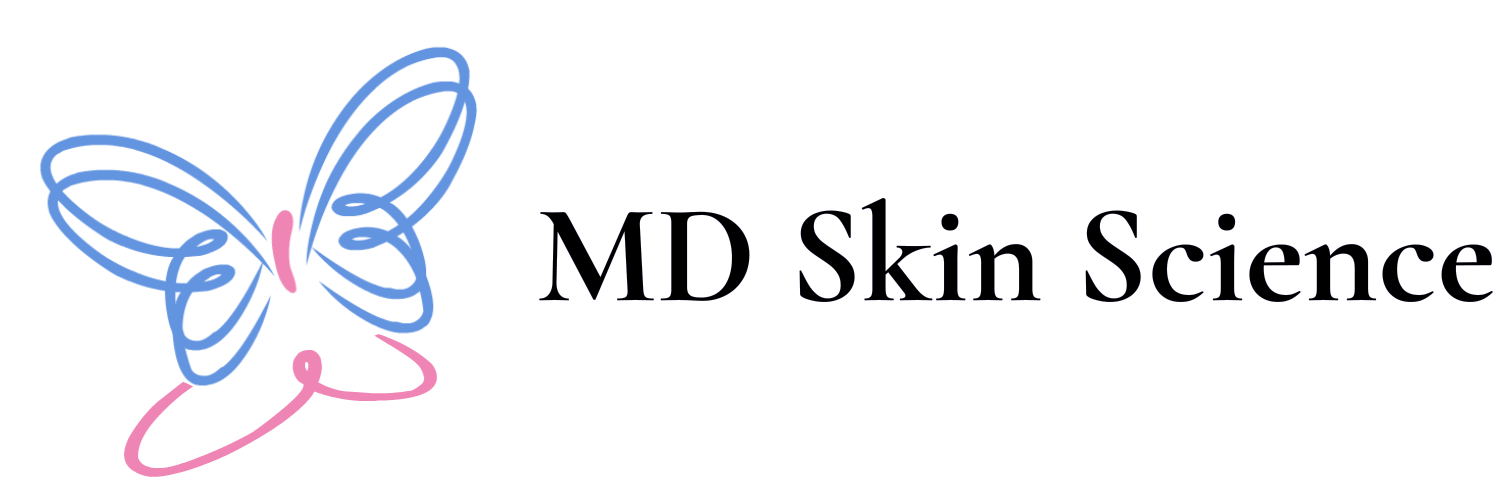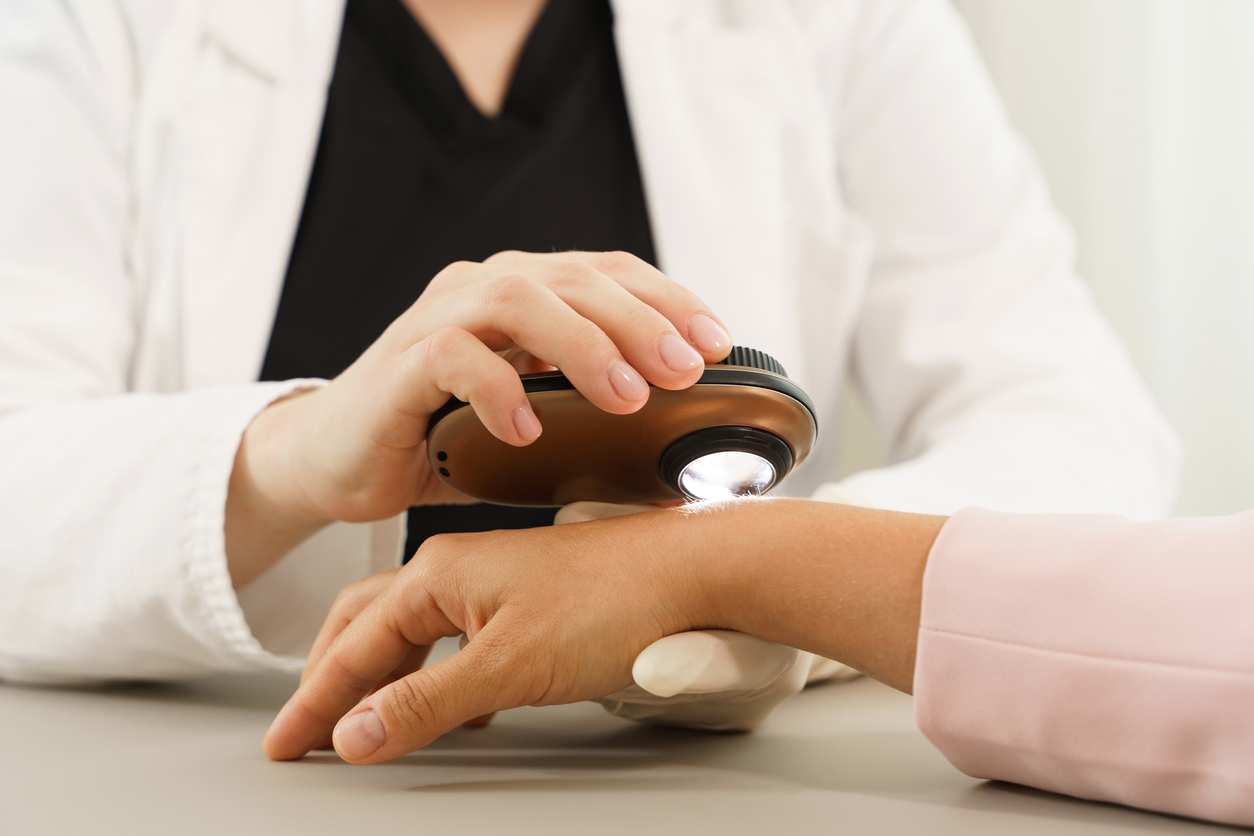The skin is the largest organ in the body, and as such, it can be a big indicator of a number of other health issues that might be at play. Below we examine the top 6 medical skin conditions.
Top 6 Medical Skin Conditions
That being said, it always serves to be as informed as possible in regard to the kinds of issues that can come up with your skin. These things range from banal and annoying to genuine medical emergencies that serve to stay on top of.
Depending on the nature of your condition, you’ll find that your physician carries with them another set of treatments, advice, and plans for your procedure.
Here is a short primer on some of the most common conditions that cause individuals to seek out the services of medical dermatology near you in NYC.
1. Rosacea
Rosacea is an irritating issue that appears as a reddening on the skin and face. It may look like a mild sunburn or as if you have applied blush on your cheeks. Blood vessels below the skin may appear over time as well.
In severe cases, the nose may become swollen as well. Although this condition has no cure, certain methodologies can help to contain the issue. This includes things like laser therapy, medication, and lifestyle changes.
2. Psoriasis
Psoriasis is an itchy and chronic condition that is technically an autoimmune disorder. It affects certain areas of the body, such as the face, elbows, knees, and scalp, more commonly.
Patches of psoriasis are also known as scales and come and go in flares that can be triggered by several different causes.
The most common treatment for psoriasis is through corticosteroid creams, as well as oils, ointments, creams, lotions, gels, and foams.
3. Eczema
Eczema is another common skin condition that can present itself as inflamed looking, scaly skin which is itchy and carries with it the possibility of becoming infected.
And eczema commonly appears in infants and children under the age of five but carries with it the possibility of growing into adulthood.
That being said, many adults can develop eczema even if they never had symptoms when they were younger.
Eczema is most commonly treated by keeping the skin hydrated. Eczema is neither contagious nor medically dangerous and is considered a mild condition.
4. Acne
Acne is the world’s most common skin complaint and the most common reason that patients visit a dermatologist.
Also, acne is a blanket term to describe a number of skin lesions that form on the skin, typically from an over-production of oil.
Acne typically begins in puberty and typically subsists or becomes milder once someone reaches adulthood.
It also comes in a highly diverse set of severities, ranging from mere annoyance to serious and scarring. If you are experiencing scarring from severe acne, you can also receive treatment for that as well from a dermatologist.
If you are experiencing severe acne beyond your teen years, it can be indicative of other more severe conditions occurring. This is especially true if you are a female-bodied individual experiencing severe acne.
5. Skin cancer
Skin cancer is a severe condition that represents the most common form of cancer. Unfortunately, it is a condition that can be life-threatening.
That being said, if caught early, the condition is relatively easy to treat and cure, making it one of the more treatable forms of cancer.
Keep an eye out for any sudden changes in the skin or bumps or abrasions that seem conspicuous or rough. If you’re concerned, then take steps to receive an annual or 6-month exam around the body to be screened.
6. Bacterial and Fungal Infections
There are a number of bacterial and fungal infections that can impact the skin, usually caused by fungi, viruses, yeasts, and the like.
Some examples of these include athlete’s foot, which is a fungal infection that usually appears on feet. Another example includes herpes simplex, which is a viral infection.
Depending on the nature of the infection, these can have varying levels of severity. Depending on the level of severity and the nature of the infection, it also has different methods of treatment.
Your dermatologist will be able to diagnose the type of infection you have based on symptoms and subsequently recommend a method of treatment.
Serving NYC the Best Care Available
Dr. Sheryl Clark has been serving NYC’s Upper East Side community for years, offering world-class medical care at reasonable prices. If you’re interested in contacting her and setting up an appointment, please visit her website and peruse the available options and see why she’s the leading dermatologist near you in NYC.

